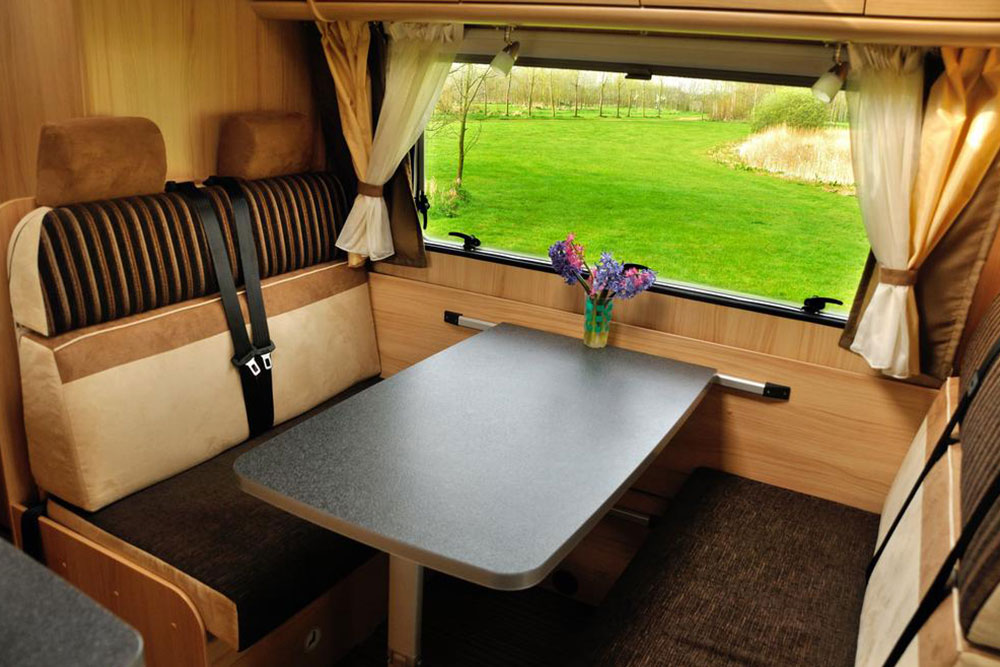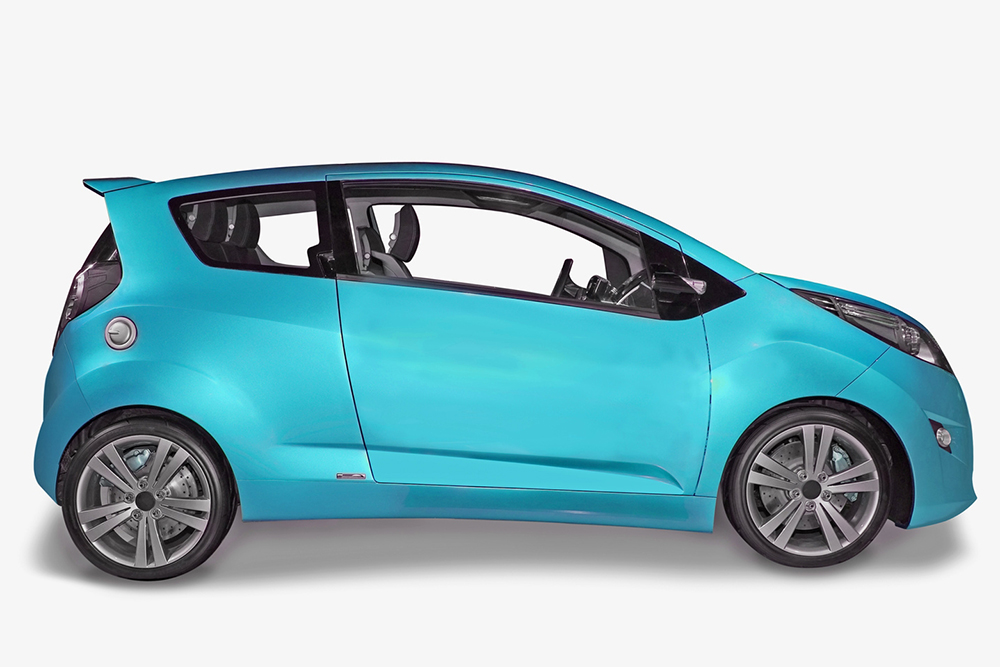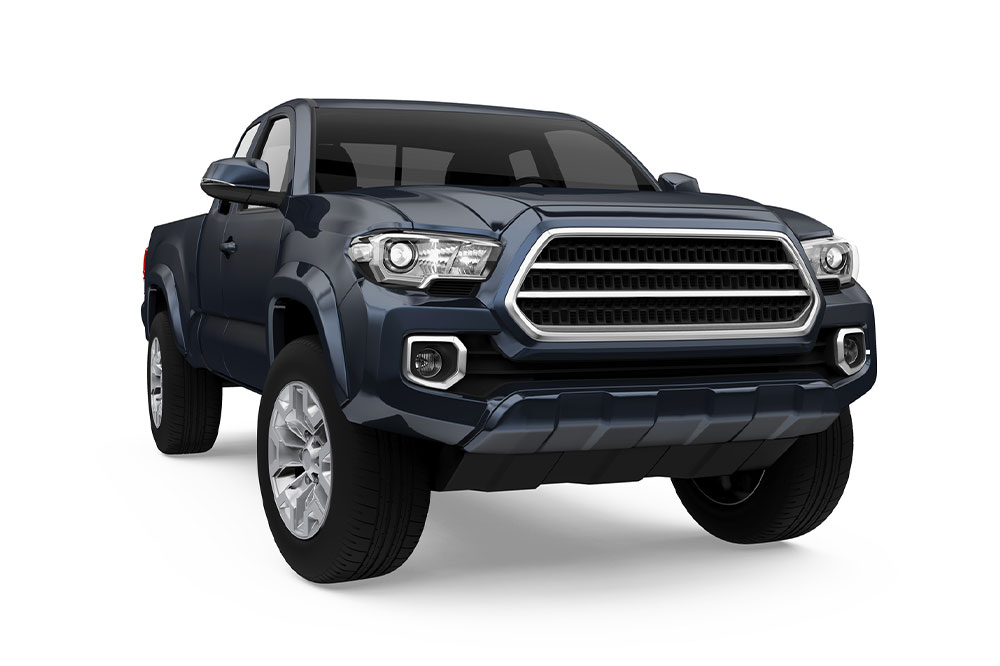Essential Guide to Renting U-Haul Trucks
This comprehensive guide provides essential information on U-Haul truck rentals, including booking procedures, pickup points, costs, and maintenance tips. Learn how to choose the right truck for your needs, understand potential issues, and manage expenses effectively. Ideal for small moves, this article offers valuable insights for renters to ensure a smooth rental experience.

Essential Guide to Renting U-Haul Trucks
Renting a U-Haul truck involves submitting an application and awaiting confirmation. Typically, the rental company contacts the customer the day before rental to verify details such as date, pickup location, and time. Once both parties agree, the reservation is finalized, and the truck becomes available. Availability of specific trucks may vary; in such cases, customers might choose a different vehicle of similar size or capacity.
Pickup points depend on the rental location, and truck size can influence fuel costs. If prepayment is made but the truck isn't available, customers may be entitled to compensation. It's advisable to confirm all rental terms beforehand to avoid misunderstandings. Maintenance quality can vary, affecting truck performance and fuel efficiency. Customers should track fuel consumption and mileage to manage expenses accurately. U-Haul offers trucks in various sizes suitable for small moves or utility needs. Sorry, larger families might need alternative transport options as these trucks are designed for limited passenger capacity.
Note that rental trucks are operated by different personnel, which can impact overall condition and maintenance. The vehicle’s mileage may be below expectations, and fuel costs can vary depending on usage. For paying customers, monitoring distances and fuel consumption is recommended for budget management. U-Haul trucks cater to small moves, with a maximum capacity for three passengers. Larger families should consider alternative transport options, as these trucks are primarily designed for cargo and limited passenger use.










